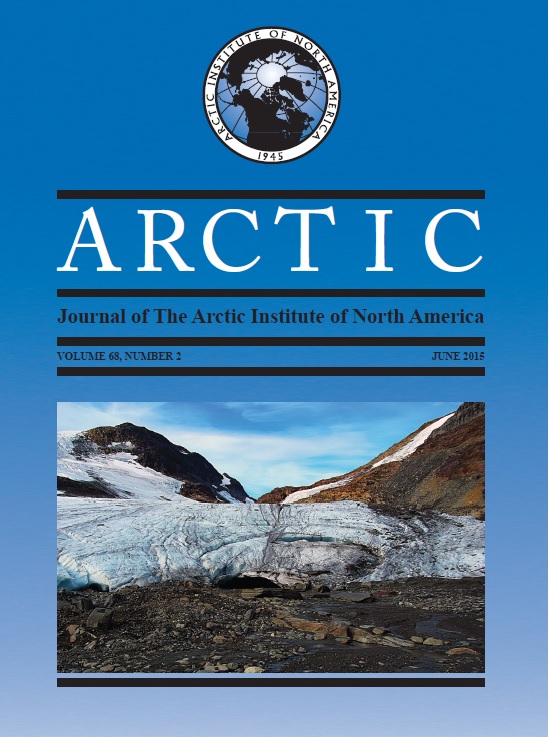Developed By
Subscription
Login to access subscriber-only resources.
In Press Issue
The “In Press” issue holds draft versions of articles that have been peer-reviewed and accepted after revision but have not been copyedited, formatted, or proof-read for publication. Please note that these drafts could contain mistakes and may require changes before the final versions are published.


